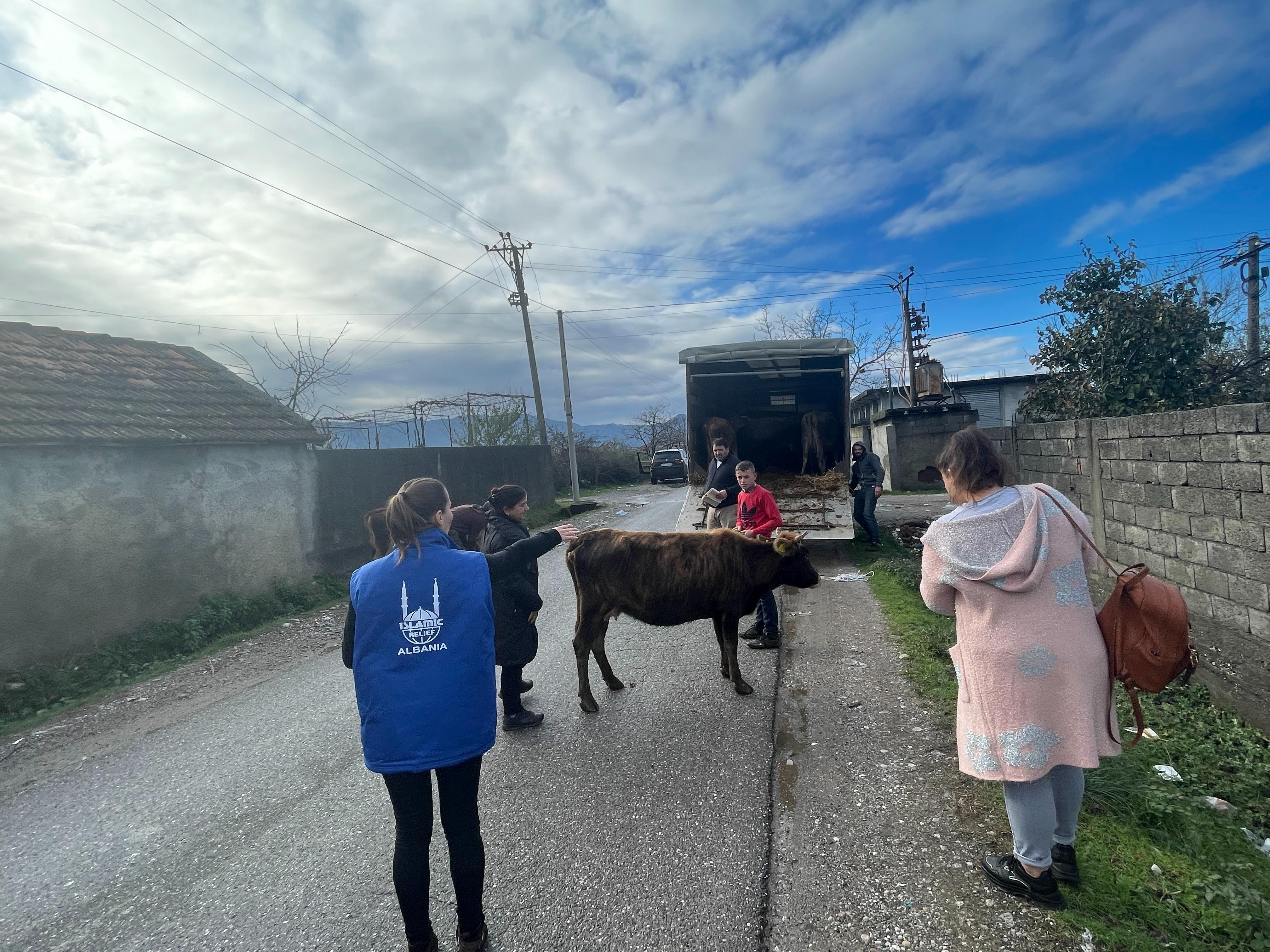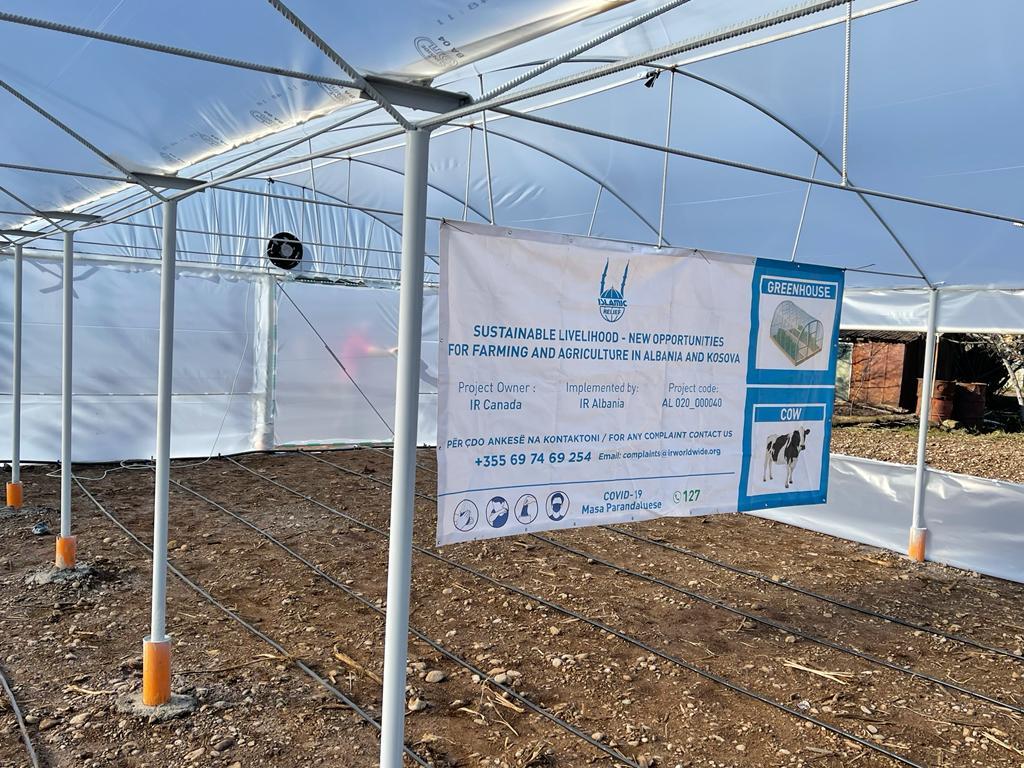Introduction to Albania
Home to 3 UNESCO World Heritage Sites, Albanian Riviera, the oldest lake in Europe and more, Albania is known for its beautiful scenery. Albania’s 3 million inhabitants speak one of the three surviving Indo-European languages and adorn themselves in a variety of over 200 traditional clothes. Albania is also the world’s largest hydroelectricity producer and among the leading chromium producers.
As a result of the civil war in 1997, thousands of people fled Albania. With migrants and refugees found in neighbouring regions and countries abroad, Albania’s diaspora population is estimated to be between 7 to 10 million people.
Albania has experienced steady economic prosperity since the civil war but unequal development within the country impedes poverty reduction efforts. Rural areas of the country continue to experience higher rates of unemployment, falling education levels, and poor access to health services.
An estimated 37% of Albania’s population lives in rural areas with most depending on agriculture as a source of livelihood. Additionally, women-headed households are more likely to experience food insecurity and violence as a result of gender inequality.
Why do the people of Albania need your support?
For people across Albania, life is incredibly challenging:
-
34% live in poverty while 5.8% live in extreme poverty (World Bank, 2017)
-
17.3% of Albanian households are female headed (World Bank Data, 2018)
-
Approximately 12% of children are forced to work in order to help their families survive (Humanium)
-
The unemployment rate is 11.7% in which women make up the majority of this population (World Bank Data, 2021)
Islamic Relief in Albania
Islamic Relief started its work in Albania within months of the collapse of the communist regime in 1991, delivering food and clothes to communities in need. Ever since, we have established a main office in Sarajevo and serve communities all across the country.
Our work in Albania focuses on supporting and improving livelihood, education, WASH and food security in vulnerable communities. In doing so, communities are able to secure sustainable streams of income and live healthy and food secure lives.
These projects included providing poultry and livestock to women-headed households to improve food security while supplying a sustainable source of income. Islamic Relief Canada also built roads and established water systems and irrigation networks in rural communities to promote protection and water, sanitation and hygiene practices.
Currently, our two-year Sustainable Livelihood project in Albania is underway to provide the most vulnerable households, particularly orphans and female-headed households, with resources including greenhouses, livestock, seeds and other equipment so they can generate a source of income.

